Vienna, Austria – Human trafficking for forced labor might be a greater problem than the more widely known problem of trafficking for sexual exploitation, says Kristiina Kangaspunta, the chief of the Anti-Human Trafficking Unit for the U.N. Office on Drugs and Crime (UNODC)
“We don’t know that much about forced labor issues,” she acknowledged in an April 26 interview withUSINFO. “We don’t know, but it seems that it might be that forced labor is a bigger part of the human trafficking than human trafficking for sexual exploitation.” She cited an enormous number of places that could absorb the forced labor of men, women and children: restaurants, hotels, bars, agriculture, domestic and construction work.
“Our findings were that there was more sexual exploitation; but often countries have legislation that only covers sexual exploitation,” she explained. “It may be that sexual exploitation is simply reported more often.” UNODC, she added, is working closely with the International Labour Organization, which views sexual exploitation as an integral part of forced labor, to get a clearer picture of the problem.
Kangaspunta spoke to USINFO at the 16th session of the United Nations Commission on Crime Prevention and Criminal Justice, being held in Vienna, Austria, through April 27.
RELIABLE DATA ARE HARD TO FIND
Dealing with the problem of human trafficking depends on accurate information – a difficult commodity to find, she said.
Kangaspunta said the National Institute of Justice, the research arm of the U.S. Department of Justice, recently surveyed some 24,000 articles on human trafficking and found them wanting because of poor methodology in conducting the studies.
It took Kangaspunta’s own unit three years to conduct its first study, released in 2006, on human trafficking –Trafficking in Persons: Global Patterns — which relied on open sources.
“Some countries could not provide us with data,” she said of the first study. “But it is also valuable information to know that they do not have the data. We can offer technical assistance to these countries.”
The UNODC’s Anti-Human Trafficking Unit is planning to undertake another study on countries that supply, receive or transit trafficking victims, this time with greater input from official sources, she said.
“Identification of victims is very important or we cannot help them,” Kangaspunta said. “At the same time, we must be able to identify traffickers, otherwise we cannot convict them.”
“One of the main questions we have is, ‘Why are there so few convictions?’ Everywhere in the world,” she said, “there are very few convictions. And of course it is a training question; it is also a question of the identification of victims, identification of cases and identification of criminals.” Existing laws, she observed, need to be enforced more strongly.
She added: “We do not have very much knowledge about it, but it seems to be that corruption is playing a large role. We’re trying to develop tools for more understanding of the link between trafficking and corruption.”
